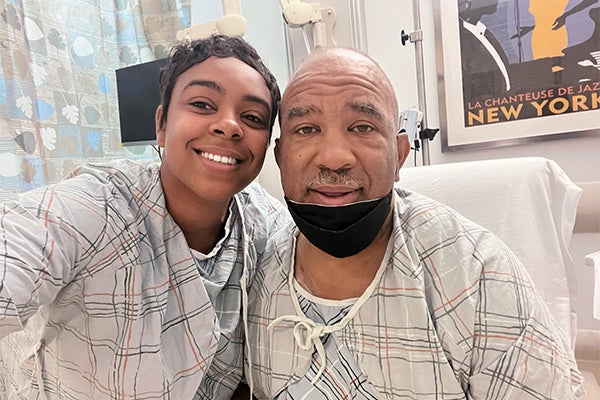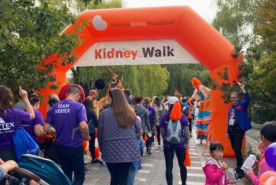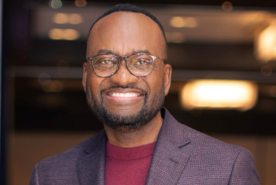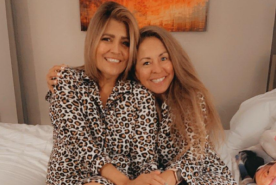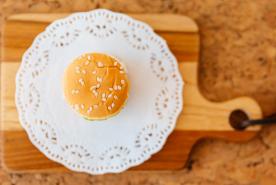June 13, 2024
When Emerald Marie, a professional curve model, journalist, and social media influencer, learned her uncle had kidney failure, she didn’t hesitate to act. She started the living kidney donor evaluation, determined to give him a second chance at life.
A Life-Changing Call
In late 2022, Emerald's mom called, urging her to check on her Uncle Calvin.
"It was unexpected, so I was worried. I pushed for answers and learned high blood pressure had damaged his kidneys. He'd been battling kidney disease since 2005. They failed in 2020," Emerald said. "He was on dialysis and the transplant waitlist. A potential transplant had recently fallen through and he was struggling."
Emerald was shocked. She was close with her uncle but had no idea that he was sick.
“My uncle is selfless and doesn’t like to ask others for help. When Mom told me he needed a kidney to live life off of dialysis, it clicked. Maybe I could donate,” said Emerald. “I started researching that night.”
What she learned strengthened her conviction–you can live a normal, healthy life with one kidney.
“The next morning, I called my aunt. If I was healthy enough to donate a kidney to him, I would,” Emerald said. “Then my uncle FaceTimed me. He tried to play it cool but I could see how hopeful he was.”
Calvin shared his transplant center’s information and Emerald took it from there.
High blood pressure is a risk factor for kidney disease. Do you know your risk? Take this one-minute quiz to find out. Then bring the results to a healthcare professional to discuss next steps.
Becoming a Living Kidney Donor
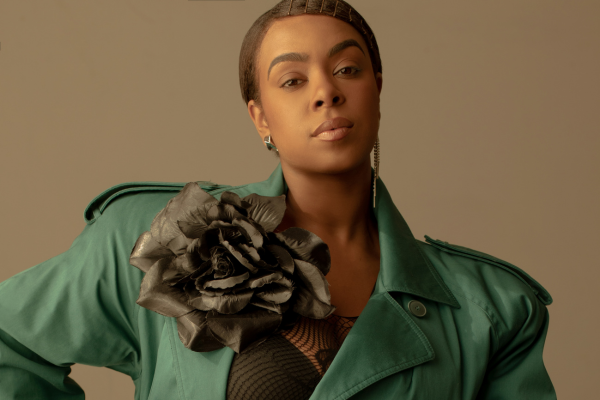
There was one big logistical issue. Emerald lives in Los Angeles. Calvin lives in New York.
“The testing itself wasn’t strenuous. It was very thorough. The transplant team goes into your physical, mental, and financial information. They test you for everything while providing detailed information about donation,” Emerald said. “The hard part was traveling back and forth.”
Luckily, Emerald didn’t have to go through it alone.
“I was blessed to have my aunt in my corner. She advocated for me every step of the way,” said Emerald. “She also checked in regularly to make sure I was comfortable with my decision.”
In April Emerald got the call she’d been hoping for. She was a match and fit for donation.
“I heard the pure relief and joy in my uncle’s voice when I told him. Everything felt real when we got the surgery date–May 4th, 2023.” Emerald said. “The night before surgery we had a celebratory dinner. I asked why he hadn’t opened up about his kidney issues sooner.”
Calvin explained that as a former professional football player and high school football coach, admitting his health problems was tough.
“People need to know that there is no shame in having kidney disease. It is okay to ask for help,” said Emerald. “With that said, it’s important to note that participating in healthcare can be challenging for some Black men and women. Many don’t trust the medical system due to discrimination and stereotyping.”
After the enlightening conversation, Emerald and Calvin bid each other good night and prepared for the morning.
“I was anxious before surgery but the transplant team helped me stay calm,” Emerald said. “When I woke up, I just wanted to know if he was okay. They wheeled me over, and we exchanged waves and blew kisses. It was emotional, knowing we fought hard and did it together.”
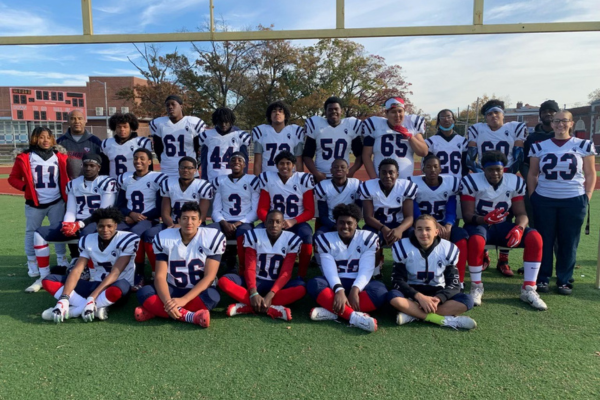
It took Calvin a few months to adjust to the new kidney and find an immunosuppressant routine that worked for him. Today, he is thriving!
"Recovery was tough, but seeing my uncle back to his old self made it worth it," Emerald said. “He had to stop coaching–something he loved–when he was on dialysis. The transplant allowed him to become a coach again.”
Learn more about living kidney donation with our free online course.
Using Her Platform to Make a Difference
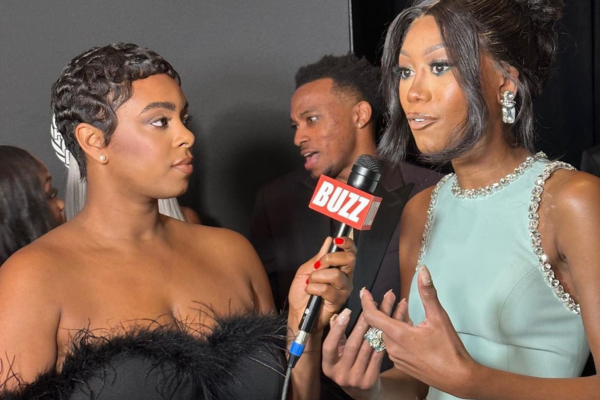
Now healed, Emerald is eager to raise awareness about kidney disease and living donation.
“My uncle told me that the dialysis center was primarily full of Black and Hispanic men and women. I now know that Black and Hispanic Americans face a disproportionate burden of kidney failure,” Emerald said. “As an influencer, I have a unique opportunity to raise awareness about this important issue.”
Despite representing 13% of the U.S. population, Black/African Americans account for 35% of those with kidney failure. Hispanic/Latino persons have twice the incidence rate of kidney failure than non-Hispanic White persons.
This is not due to race or ethnicity. It’s a mix of medical, environmental, and social factors called social determinants of health. These are the non-medical aspects of life that make it harder to make healthy choices or receive medical care.
“I want to encourage Black and Brown individuals to be conscious of their health. Get check-ups, watch your diet, and exercise,” said Emerald. “To those who don’t feel heard in the medical space, help is out there. Seek resources in your community. Ask questions and don’t be afraid to advocate for yourself or loved ones.”
Emerald also wants to encourage more people of color to learn about living kidney donation.
“I learned that there are not as many Black living kidney donors. But you don’t have to look a certain way to give the gift of life," Emerald said. “If you feel called to donate, go for it but bring an advocate with you. If you experience any uncomfortable situations or biases, an advocate can make all the difference.”
As Emerald continues her journalism and modeling career, she knows that living kidney donation and kidney disease will remain close to her heart.
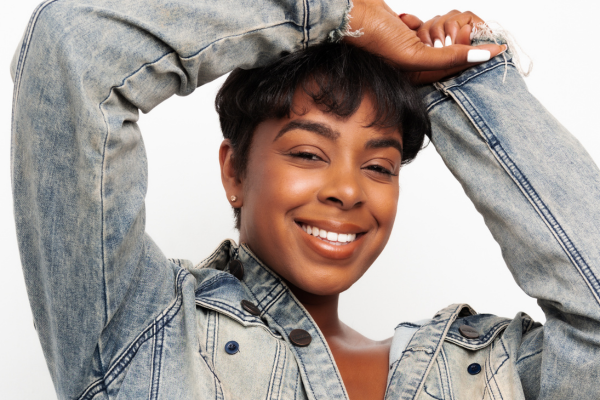
“There was a moment where I wondered if having scars would hurt my modeling career but a scar is nothing compared to giving my uncle a second chance at life. I don’t want to work with a brand that doesn’t celebrate what the scar represents,” Emerald. “I thank God that I was able to help my uncle. I’ll continue to use my platform to help even more people.”
The National Kidney Foundation believes in a fairer future–one where everyone has access to the best healthcare possible. Join the fight. Sign NKF's KIDNEY EQUITY FOR ALL™ Bill of Rights.
